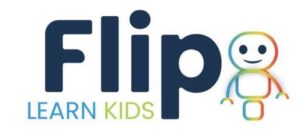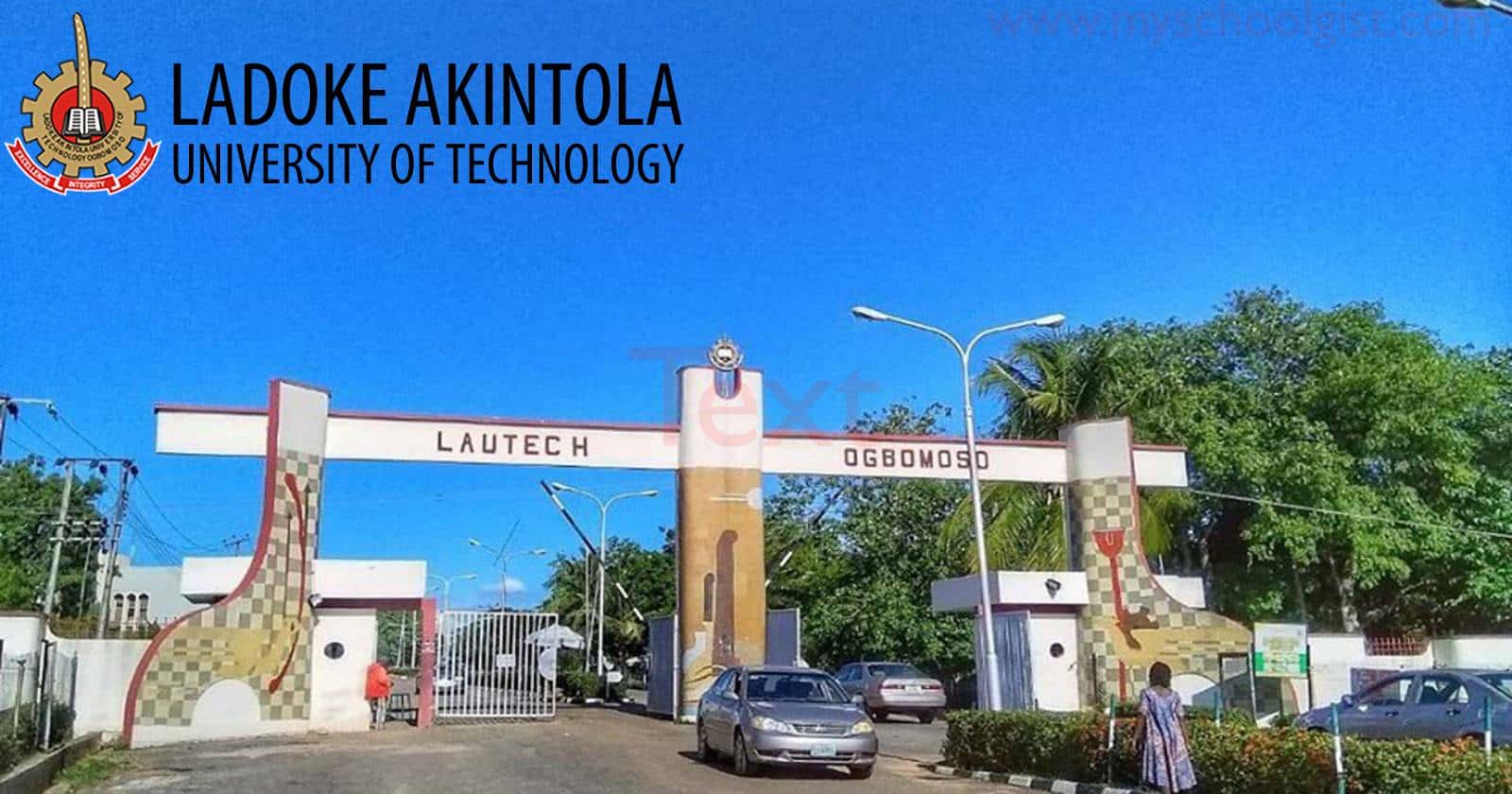As of last school year, the pandemic’s academic damage persists for students around the world—a loss equal to some 35 percent of a typical school year’s progress, according to the first meta-analysis of global learning loss, published this morning in the journal Nature Human Behaviour.
Researchers analyzed results from 42 studies of primary and secondary students in 15 high- and middle-income countries, including the United States, conducted from the start of the pandemic in 2020 through March 2022. Students in all of those countries experienced both delays in their expected academic progress compared to prior years and loss of their existing skills and knowledge, particularly in math. Gaps between low-income children and their wealthier classmates also have widened worldwide since the pandemic began.
While the study found that the learning gaps that opened early in the pandemic have not worsened, neither have they improved significantly. The study found evidence of worsening academic inequities across every grade as recently as March 2022.
“Children still have not recovered the learning that they lost at the start of the pandemic, and this means that government programs seem to have been successful in avoiding further learning deficits as the pandemic continued, but they did not succeed in recovering the learning deficits that arose early in the pandemic, to this point, at least,” said Bastian Betthäuser, an assistant sociology professor at the Sciences Po Center for Research on Social Inequalities in France and associate researcher in public policy at the University of Oxford, England, and lead author of the study.
“Countries have invested a lot of resources into trying to help children recover these learning losses. So it’s a bit sobering really, that we still see these large deficits remain,” he said.
Prior studies on extended academic disruptions in Belgium and Argentina following teacher strikes have found their effects can linger for years, but “it’s unprecedented … that 95 percent, if not more, of schoolchildren worldwide were out of school for a significant amount of time during the pandemic. I think at that scale, it’s hard to find something that reaches that in recent history,” he said.
Betthäuser and his colleagues analyzed data from March 2020 to August 2022, the most recent full academic year since the pandemic, in Australia, Belgium, Brazil, Colombia, Denmark, Germany, Italy, Mexico, the Netherlands, South Africa, Spain, Sweden and Switzerland, in addition to the United States and United Kingdom, which accounted for more than half of the studies.
Students in the United States also have experienced more than a third of a year of learning loss, on par with the global average, he said.
Middle-income countries like Brazil had greater learning loss than their higher-income counterparts. Betthäuser noted that there was not enough high-quality research in low-income and developing countries to evaluate how much their students have been affected, but a separate study released this month by the World Bank estimates the pandemic has clawed back the academic progress low- and middle-income countries to 2000 levels. The World Bank study noted that in some states in India, Mexico, and Brazil, students have lost a full year of academic progress.
“The pandemic reinforced learning inequality at the global level,” Betthäuser said.
Effects could ripple into the job market
While the study did not look at higher education, Betthäuser echoed concerns by other researchers that older students will not have time to recover their lost academic ground before they’re expected to enter the workforce.
“I think this is potentially going to be a real problem for this generation that experienced the pandemic in school, and … governments have to brace for serious downstream effects,” he said.
For example, another new World Bank study, this one focusing on Poland. predicts that country may lose more than 7 percent of its 2021 gross domestic product over the working life of students in secondary school during pandemic-related school closures. That’s because the secondary students’ learning loss could result in lower lifelong earnings for those students of $15,000 per year.
Ramping up recovery efforts
Some countries, such as Sweden and Denmark, experienced smaller overall learning deficits, but the study found this was because they had less initial learning loss rather than faster recovery. While Sweden closed very few schools during the pandemic, Denmark did have widespread school closures, and both countries had strong social safety nets for low-income children affected by the pandemic.
Prior studies have found countries with longer periods of school closures experienced bigger learning gaps. Yet Betthäuser said there has been no consensus about exactly how school closures affected global learning loss, because countries’ infrastructure for remote instruction differed widely.
The study was not able to drill down into details of countries’ learning policies, though he did say that countries where disadvantaged students had less access to the internet and other tools for virtual learning fared worse during school closures. But he also noted that children in low-income families also have faced more ongoing home and financial instability since the pandemic, as parents lost jobs or housing—all of which can increase children’s stress and make it more difficult to learn.
The study was not able to analyze global learning loss for particular student groups, such as students with disabilities or those learning their country’s dominant language as nonnative speakers.
“I’m not sure whether we are going to be able to completely catch up these learning deficits that we are seeing,” Betthäuser said. “I wouldn’t want to say that it’s a hopeless case at all. I think it’s just important that we’re honest about the size of the problem and try to match that in terms of the learning programs and support programs that have to be put into place.”
window.fbAsyncInit = function() {
FB.init({
appId : ‘200633758294132’,
xfbml : true,
version : ‘v2.9’
});
};
(function(d, s, id){
var js, fjs = d.getElementsByTagName(s)[0];
if (d.getElementById(id)) {return;}
js = d.createElement(s); js.id = id;
js.src = “https://connect.facebook.net/en_US/sdk.js”;
fjs.parentNode.insertBefore(js, fjs);
}(document, ‘script’, ‘facebook-jssdk’));
!function(f,b,e,v,n,t,s)
{if(f.fbq)return;n=f.fbq=function(){n.callMethod?
n.callMethod.apply(n,arguments):n.queue.push(arguments)};
if(!f._fbq)f._fbq=n;n.push=n;n.loaded=!0;n.version=’2.0′;
n.queue=[];t=b.createElement(e);t.async=!0;
t.src=v;s=b.getElementsByTagName(e)[0];
s.parentNode.insertBefore(t,s)}(window, document,’script’,
‘https://connect.facebook.net/en_US/fbevents.js’);
fbq(‘init’, ‘344596112942513’);
fbq(‘track’, ‘PageView’);






Leave a Reply